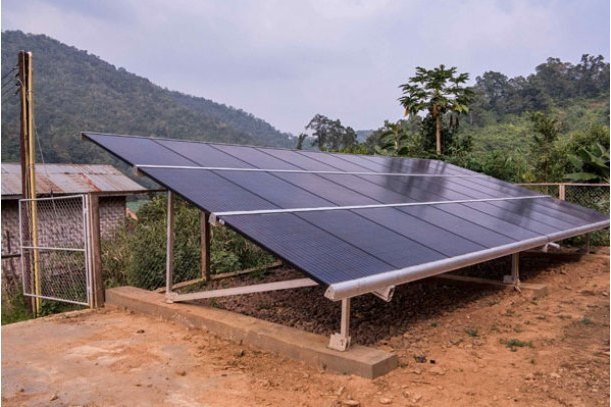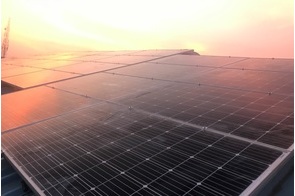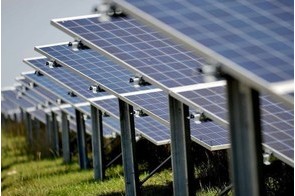Investors group advocates result-based financing for mini-grids in Africa

Summary
Achieving universal electrification in Africa today will require less subsidy than at any time previously because of the new technology and business models emerging from private sector companies.
A group of investors, including the Renewable Energy Performance Platform (REPP) and KawiSafi Ventures, has said result-based financing (RBF) for mini-grids will increase access to electricity in Africa.
In a letter, titled, “Unlocking Private Capital for Mini-grids in Africa”, the group said, “We believe mini-grids have a role to play in achieving universal electrification and we have the type of capital needed for mini-grid financing alongside well-designed result-based financing. We are ready to work with donors and governments to help design effective RBF programmes that will unlock the much-needed capital.”
The other members of the group are Acumen, Blue Haven Initiative, Ceniarth, CrossBoundary Energy Access, DOB Equity, ENGIE Powercorner, Hoegh Capital Partners, responsAbility, SunFunder and Triodos Investment Management. Together, they said RBF will also unlock significant private capital in renewable energy.
According to the statement released on Monday ahead of the Africa Energy Forum taking place in Portugal on June 11-14, the investors said they have the means to provide the matching private capital that donors and government-backed mini-grid subsidy programmes need in Africa. They currently have more than $2 billion under their management, with more than 100 mini-grids built or under development.
McKinsey, in its Brighter Africa report, noted that the benchmark cost for rural grid connections is $2,300 per connection, while rural mini-grids serving over 100 connections typically cost about $1,000. With the right policy and finance in place, the International Energy Agency (IEA) said up to 200,000 mini-grids are needed to meet the energy needs of about 450 million people, with most of them in Africa.
“We, therefore, strongly encourage donors and governments to support effective RBF programmes that subsidise rural connections,” the investors said. “We believe those subsidies will decline over time as the business model and technology continues to improve with scale, just as they did for wind and solar.”
According to the statement, achieving universal electrification in Africa today will require less subsidy than at any time previously because of the new technology and business models emerging from private sector companies.
Related
-
SunFunder makes first investment in Nigeria with solar developer Daystar Power
SunFunder and Daystar said they were also well aligned on gender parity. Both companies boast leadership teams comprising ...
-
Kenyan firm begins production of synthetic fuel from plastic waste
The AES commercial plastic-waste-to-synthetic-fuel conversion project is the first of its kind in Africa.
-
AfDB approves $20 million investment in renewable energy fund
The investment will support clean energy and resource-efficient infrastructure projects in Sub-Saharan Africa.










